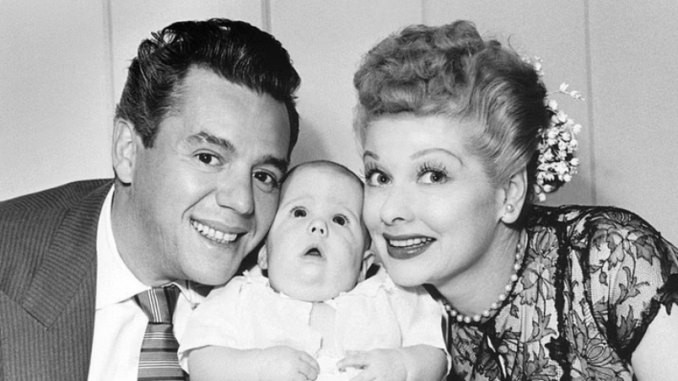
Television is an evolving medium, and has been since American households welcomed TVs into the living room almost a century ago. There’s no better evidence, perhaps, of television’s progressive growth over the years than the embarrassment of riches to be found and savored on the small screen today; there’s programming for everyone, no matter what their tastes or where their proclivities lie.
Nailing down the shows that have influenced television’s development over time is a daunting task; there’s a lot of TV to choose from, so much that any individual’s list would feel totally unique to another’s. But we at Screen Rant are always up for a challenge, so we sorted through countless titles to make our picks for the series that have wielded the most influence over television, movies, and pop culture at large. Read on for our list of the ten most influential TV series:
1.I love Lucy
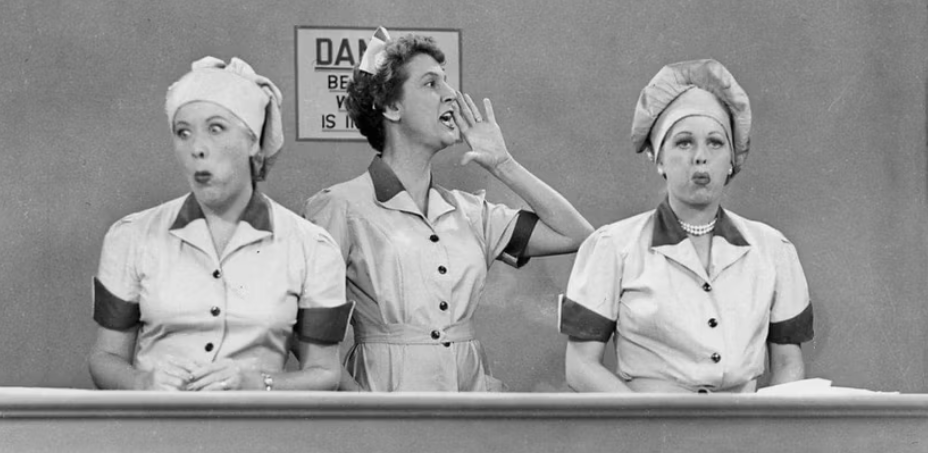
Seinfeld might have defined the sitcom afresh in the 1990’s, but I Love Lucy pretty much gave birth to the sitcom as we know it; without the latter, you don’t get the former, along with every single post-1950’s sitcom to come along in its wake. Small things we take for granted – like reruns, continuously running storylines, or the aforementioned multi camera set-up – didn’t exist until I Love Lucy conjured them into being with a knowing wink.
The show is also a major feminist milestone, which is all the more admirable given that it aired during a period when people only expected women to be wives and mothers. At a glance I Love Lucy may look like an endorsement of those social norms, but Lucy Ricardo is a real spitfire; she speaks up and lets her dreams be known to her husband, Ricky, defying him from one episode to the next. To a contemporary viewer, I Love Lucy might look dated, but it’s progressive considering the era it springs from.
2. The Wire
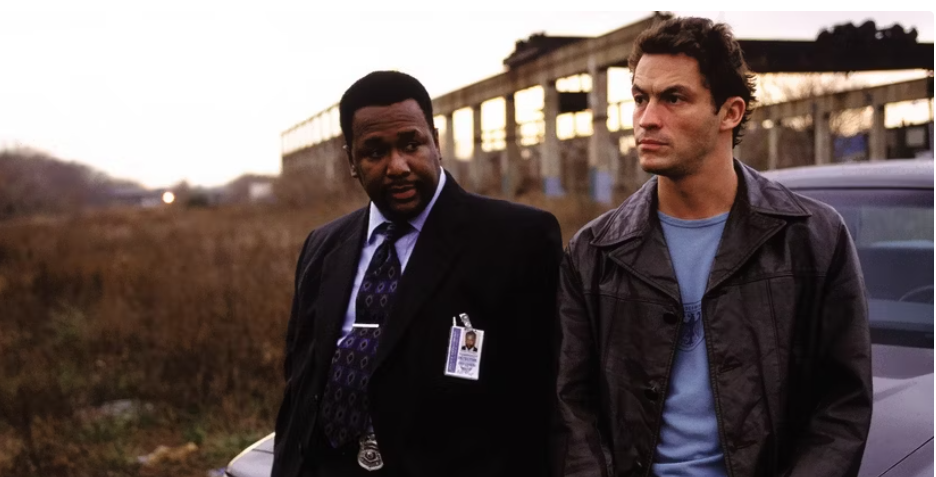
Before Boyd Crowder toed the line between being a good guy and a total heel, before Game of Thrones shocked an audience unfamiliar with George R.R. Martin by taking Sean Bean’s head, and before Walter White made ruthless meth dealing cool, there was The Wire, a show where main characters weren’t safe and in which amorality ruled the day.
The Wire has gained a lot from the influence of other entries that appear further down this list, but this is the show that proved, even after The Sopranos, that must-see TV didn’t have to be relegated just to network stations. Though this police drama owes a debt to its predecessors, it’s no less groundbreaking on its own merits. Even casual fans probably can’t hear “The Farmer in the Dell” without looking over their shoulders anymore.
3. Lost
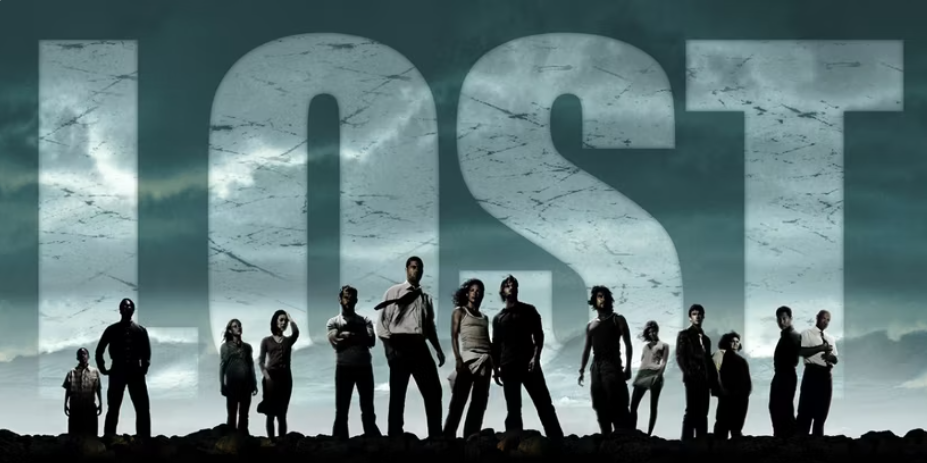
Nearly five years after arriving at its conclusion, Lost, with its twists, turns, and contrivances, remains a locus of controversy. But if the story’s lingering questions and unresolved mysteries still drive debate about its subjective qualities, there’s no denying the impact J.J. Abrams’ and Damon Lindelof’s mind-bending baby had on television during and after its six season run.
Consider shows like Flashforward, Revolution, Person of Interest, Once Upon a Time, and Fringe, each of which has benefitted in some way (either in front of the camera or behind the scenes) from Lost’s massive popularity. The seriesalso took Abrams’ “mystery” box approach to storytelling to new oblique heights, something audiences would continue to see in films like Cloverfield and Star Trek Into Darkness – neither of which might exist without Lost’s success. (Come to that, the same is probably true of Prometheus.)
4. Star Trek: The Next Generation
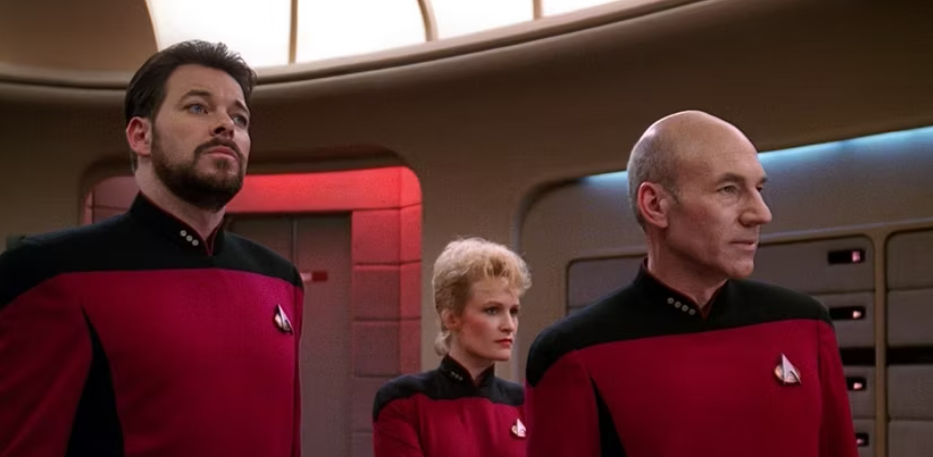
Speaking of Star Trek, how much do you love your tablet? Because Gene Roddenberry invented that sucker several decades before career slacker Steve Jobs got around to churning out the iPad and thereby effecting the course of technology for the next few years. Next time you load up a game of Farmville on your Android, just remember to give credit where due.
But there’s more to what makes Star Trek: The Generation important than the fact that it laid the groundwork for the post-2010 rise in neat mobile computing gizmos. Notably, the series carved out a new foothold for genre shows at a time when genre was in a slump on television; it helped geek interests break into the mainstream anew, and arguably paved the way for future properties like Buffy the Vampire Slayer, The X-Files, and even Lost (which in turn each paved the way for other properties). The nerds have inherited the Earth, and Star Trek: The Next Generation might be one of the earliest steps of their takeover of pop culture.
5. The X-Files

At first blush, The X-Files might seem more like a benefactor of Star Trek: The Next Generation’s influence than an influence unto itself. But like Star Trek: TNG, The X-Files managed to make niche ideas palatable for a much wider audience. The show made monsters – aliens, werewolves, and ghosts, oh my! – palatable for people who otherwise had little interest in the paranormal.
It’s also relevant for being one of the earliest shows to take advantage of the Internet to engage with its fans – remember, The X-Files aired around the time that online chat forums were becoming a thing – and for giving Vince Gilligan his career. No X-Files, no Breaking Bad, easy as that, though sans the adventures of Fox Mulder and Dana Scully, we’d probably be missing out on shows like Lost, Californication, Supernatural, Buffy the Vampire Slayer, and even Bones.

